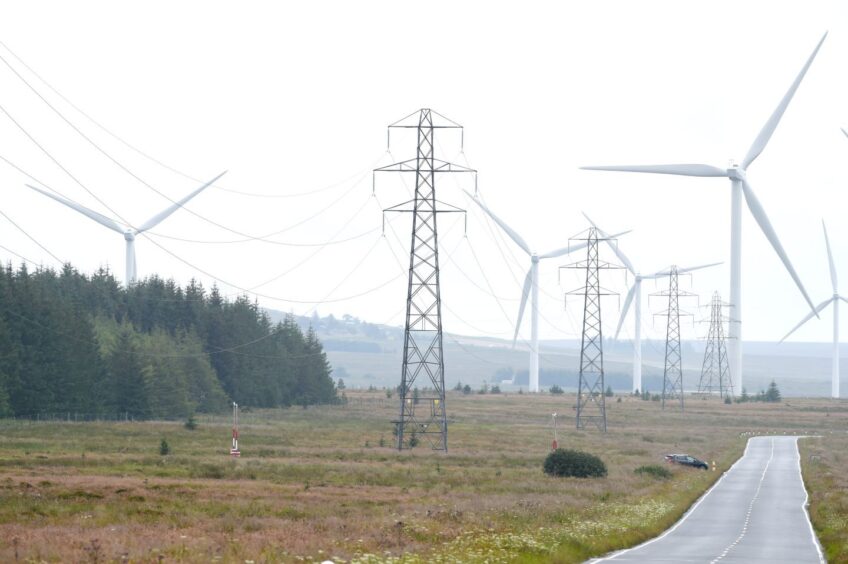
The Scottish and UK governments have launched a consultation to reform and streamline the grid planning process.
Among the proposed reforms are new standardised processes for developers to engage with local communities and stakeholders.
This aims to involve communities at the pre-application stage and improve the quality and speed of applications, with new powers for the Scottish Government to reject any that do not meet requirements.
The reforms will also include a standardised appeals process. This will include set criteria for challenging decisions on new energy infrastructure and cut the timeframe to raise objections from the current three months to six weeks.
In addition, governments are looking to reform the public inquiry process. These can take an average of 18 months and have cost the Scottish Government £1.9 million since 2021.
Under the proposals, inquiry sessions will still be held where necessary, but other forms of decision making will also be deployed on a case-by-case basis guided by a specialist reporter.
Finally, new powers will allow the Scottish Government to revoke, suspend or vary consents for energy infrastructure projects under specific circumstances. This aims to avoid restarting the approval process if amendments have to be made.
Energy Minister Michael Shanks said the proposed changes were “modernising outdated bureaucratic processes to make sure Scotland is firmly open for business as we build the UK’s clean energy future”.
Net-zero ambitions
The move aims to speed up the roll out of renewable energy projects, such as onshore wind farms, and grid infrastructure.
However, there has been backlash from communities based near large energy infrastructure projects. They have focused on the visual impacts of pylons and wind turbines or the potential environmental damage they can cause.
Northeast MP and Conservative shadow energy minister Andrew Bowie warned that the “proposed changes would remove the right of every Scottish council to have recourse to public inquiry.”
He added: “It’s absolutely critical that communities take part in this consultation, to protect public confidence in the planning and consents process.”
Currently, the grid planning process means it can take up to four years to approve large electricity infrastructure projects in Scotland under UK legislation that has been in place since 1989.
This system can create uncertainty for investors and communities, which in turn can lead to higher costs being passed onto bill payers.
Acting Cabinet Secretary for Net Zero and Energy Gillian Martin said: “These long-awaited UK legislative reforms will help support Scotland realise our clean power ambitions, while providing investors with confidence that a more robust and efficient process is being applied.”
The four-week consultation will seek feedback the on proposed changes from affected communities and stakeholders, running until 26 November.
Recommended for you

